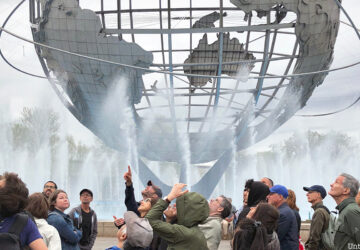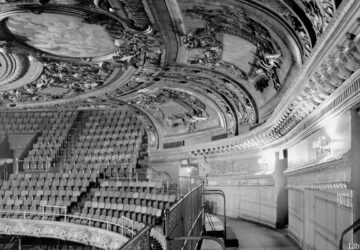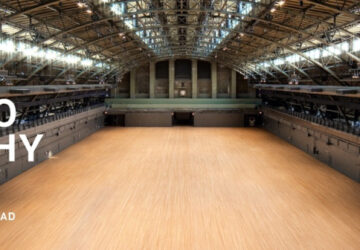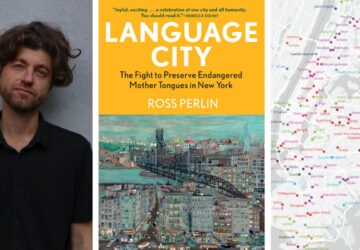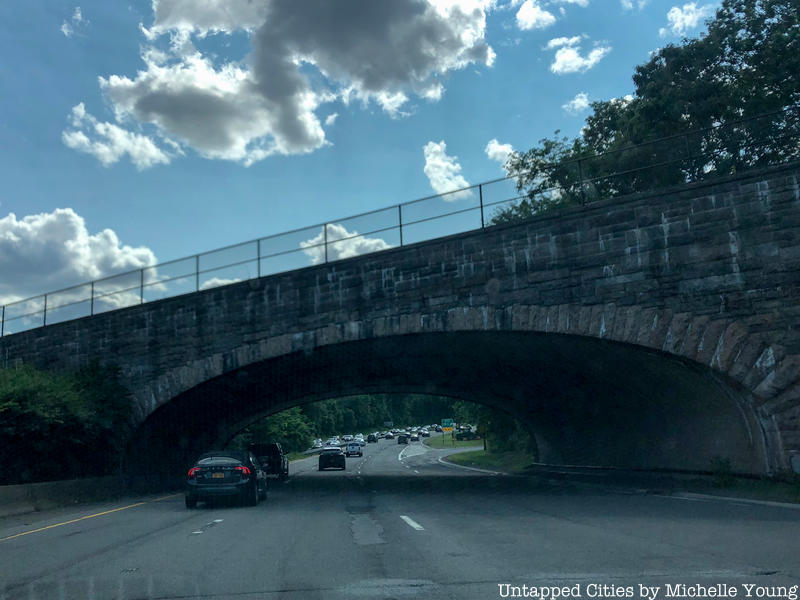
In a surprising post-debate moment last night, the much-maligned Robert Moses has landed a punch to the Trump campaign from the grave, over eighty years later. Here is what TIME reporter Zeke Miller tweeted last night:
Trump traveling press couldn’t travel in motorcade back to NYC bc of low bridges + bus height. Complaint filed with Robert Moses.
— Zeke Miller (@ZekeJMiller) September 27, 2016
Heading back from Hofstra University where the debate took place, the Trump traveling press (minus those he’s kicked out before, of course), tried to follow the motorcade on the Northern State Parkway back to New York City but were thwarted because their buses were too tall for the low bridges. Those who are familiar with Moses will know that Robert Caro, who wrote the seminal biography on Moses, The Power Broker, claimed that the master builder went to deliberate measures to prevent poorer, Black populations from taking the bus to his new beaches and parks on Long Island, like Jones Beach, Sunken Meadow and others. He initially banned trucks and buses, but also is said to have built the bridges too low for buses to pass.
Columbia University historian, Kenneth T. Jackson, author of Empire City: New York Through the Centuries and editor of The Encyclopedia of New York actually challenges the allegation of the low bridges, reported the New York Times in 2007 when Jackson and Hilary Ballon released a book of essays on Moses. Still, it’s not to say that racist sentiments were not part of Moses’ policies. One of the essayists, Martha Biondi, a professor of African-American history at Northwestern University “concludes that Moses was an enthusiastic and “leading supporter” of a whites-only policy at Stuyvesant Town even as civic leaders urged integration,” writes the Times. Stuy Town is one of many examples.
Comparisons between Robert Moses and Donald Trump are somewhat inevitable in this election cycle – not because of their career trajectory necessarily but because of their, dare we say it, temperament. Robert Caro insists that his book about Moses is not a biography about someone inherently evil, “it’s about a genius who was blinded by his own arrogance.” Applying the same quote to Trump is probably giving the man more due than he deserves. Caro also has said, “The great problem posed by Robert Moses is whether this city can build what’s needed while adhering to democratic principles.” That statement, on the other hand, rings more than true in today’s political climate.
Next, read about 5 things we can blame on Robert Moses and 8 things you’ll learn about Moses in the musical BLDZR.
